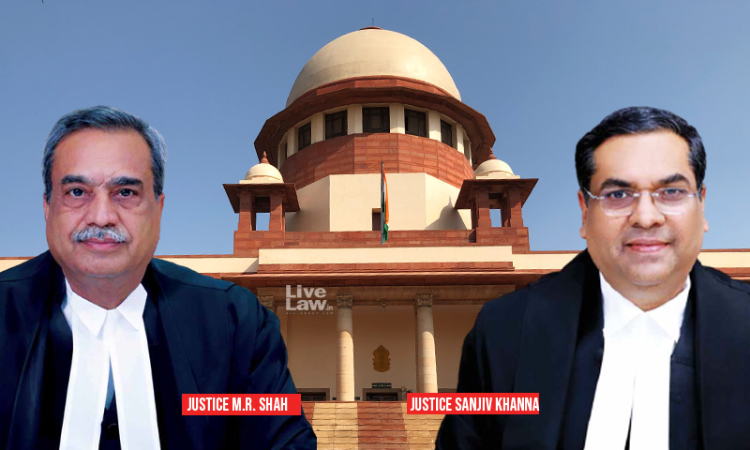Contract Act Does Not Recognize Sale Of Pledged Goods By Pawnee To Self : Supreme Court
Manu Sebastian
13 May 2022 9:15 AM IST

The same principle applies to the pledge of shares under the Depositories Act, the Court held.
Next Story
13 May 2022 9:15 AM IST
